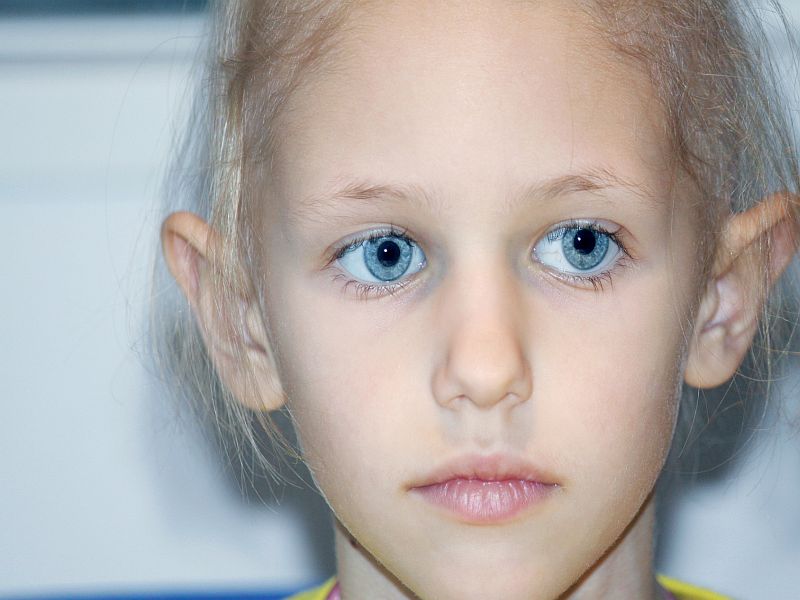
Acute lymphoblastic leukemia (ALL) is the most common childhood cancer. Due to their disease and treatment, childhood ALL survivors are at increased risk for problems with thinking and memory, as well as reduced exercise capacity, researchers said.
"Our research suggests that a minor improvement in exercise tolerance, such as going from sitting on the couch and watching TV to walking around the block for 30 minutes a day, can have a significant impact on survivors' intellectual health," said study co-leader Dr. Nicholas Phillips, from St. Jude Children's Research Hospital in Memphis, Tenn.
The study included 341 adults who survived childhood ALL and a control group of 288 healthy adults.
The researchers assessed how much physical activity participants could tolerate and how it related to their ability to think, learn, memorize, read and do math.
Compared to the control group, the cancer survivors had poorer heart fitness and worse performance on tests of attention, memory and academic skills, the study found.
But after accounting for age, sex, radiation and chemotherapy treatments, smoking and physical activity levels, researchers found that a boost in exercise capacity was associated with better performance on the mental skills tests among the cancer survivors.
The findings were published Oct. 21 in the journal Cancer.
Study co-leader Kirsten Ness, also from St. Jude, made a similar point.
"We know that memory and thinking skills decline as we age," she said in a journal news release. "Any improvement in exercise tolerance, even in adulthood, may have an impact on a survivor's ability to think, learn, and memorize."
The researchers said a clinical trial is needed to determine whether programs to improve ALL survivors' exercise capacity might benefit their cognitive function.
Source: Cancer, news release, Oct. 21, 2019.







0 Comments